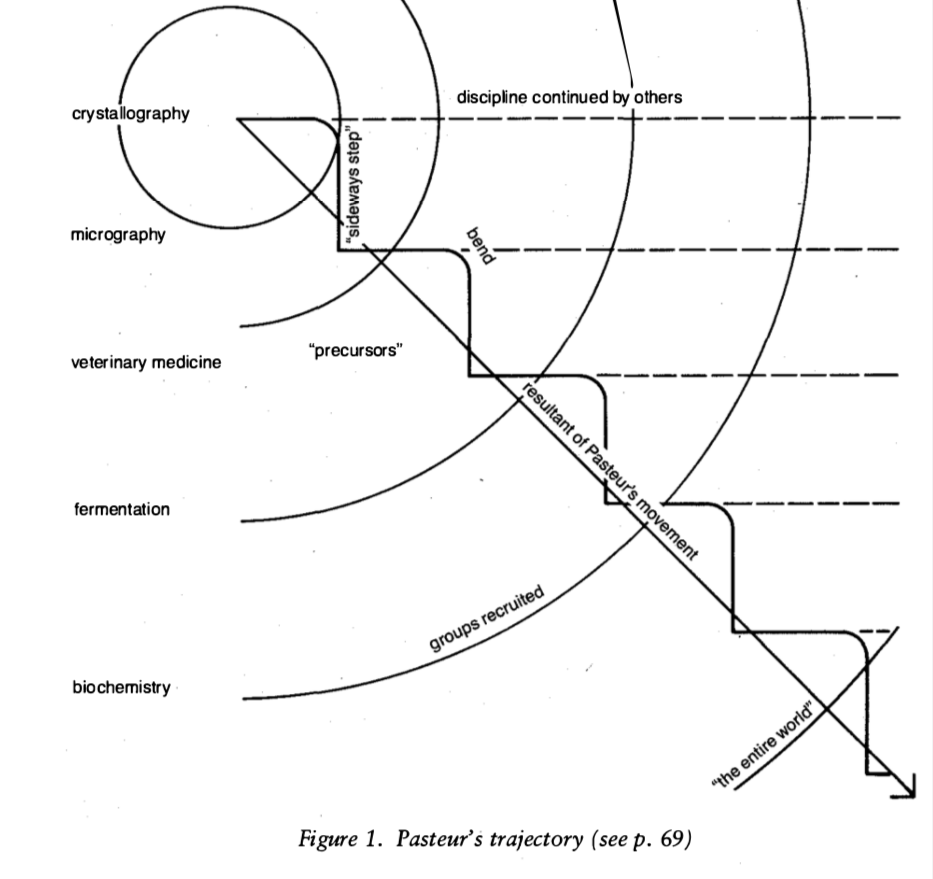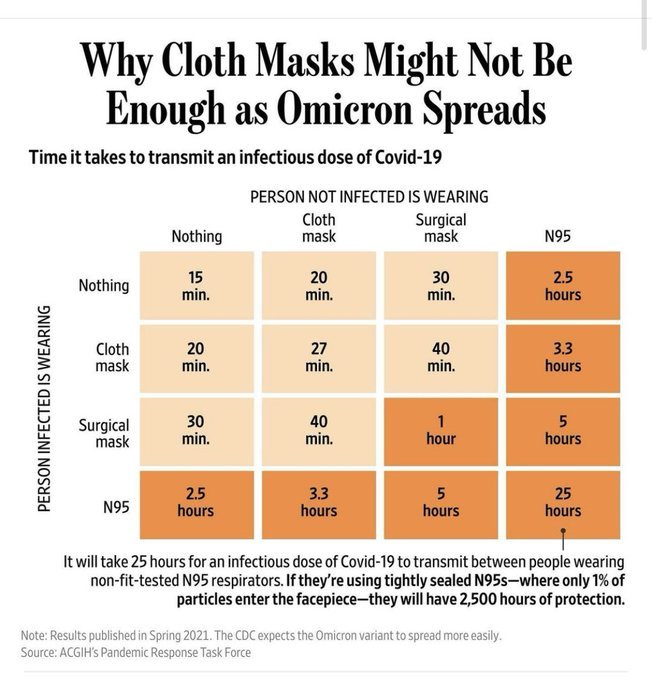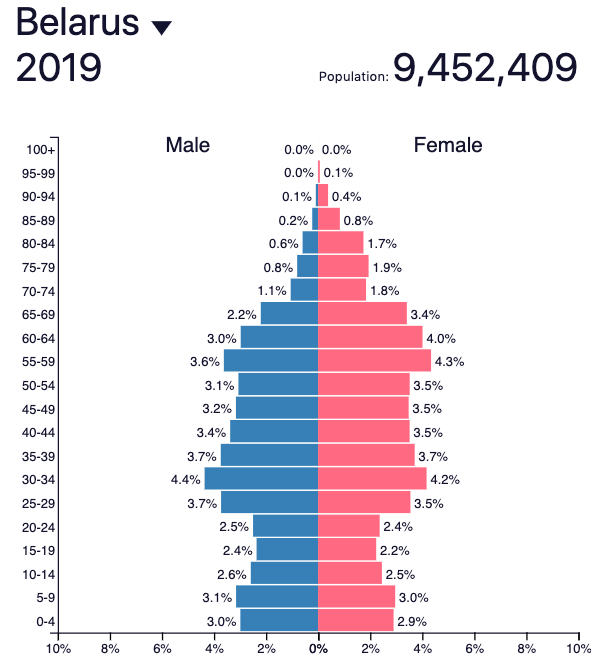(no subject)
Jul. 29th, 2025 02:46 pm“Books also had a “shelf life.” In a seventeenth-century bookseller’s shop, they could wait patiently for readers to come and purchase them. But staged plays were big events that happened at set times. They required an immense investment of both funds and labor: a paid company of actors and a theater, which must be built, purchased, or rented. They also needed to bring in the broadest cross-section of society if they were going to meet expenses. This difference in the technology and marketing of these two narrative media has only grown with time. ”
-- Abbott, H. Porter. “The Cambridge Introduction to Narrative (Cambridge Introductions to Literature).”
I wonder whether AI could close this gap.
p.s. a little bit later:
“...once revealed, the action of the story of the murder of Councilman Stubbs can be described in “terms of a linear chain: A->B->C->D (where D is the Death of Stubbs).
...
Characters are, usually, harder to understand than actions. They are themselves some of narrative’s most challenging gaps.
...
..we have to move from a horizontal to a vertical analysis, descending into the character to construct a plausible sense of her complexity.”
“The model, then, for the construct“tion of character in fictional narrative might look something like this:
reader/viewer + narrative -> reader/viewer’s construction of a character
In this view, a narrative can be represented by a product of Action and Character.





